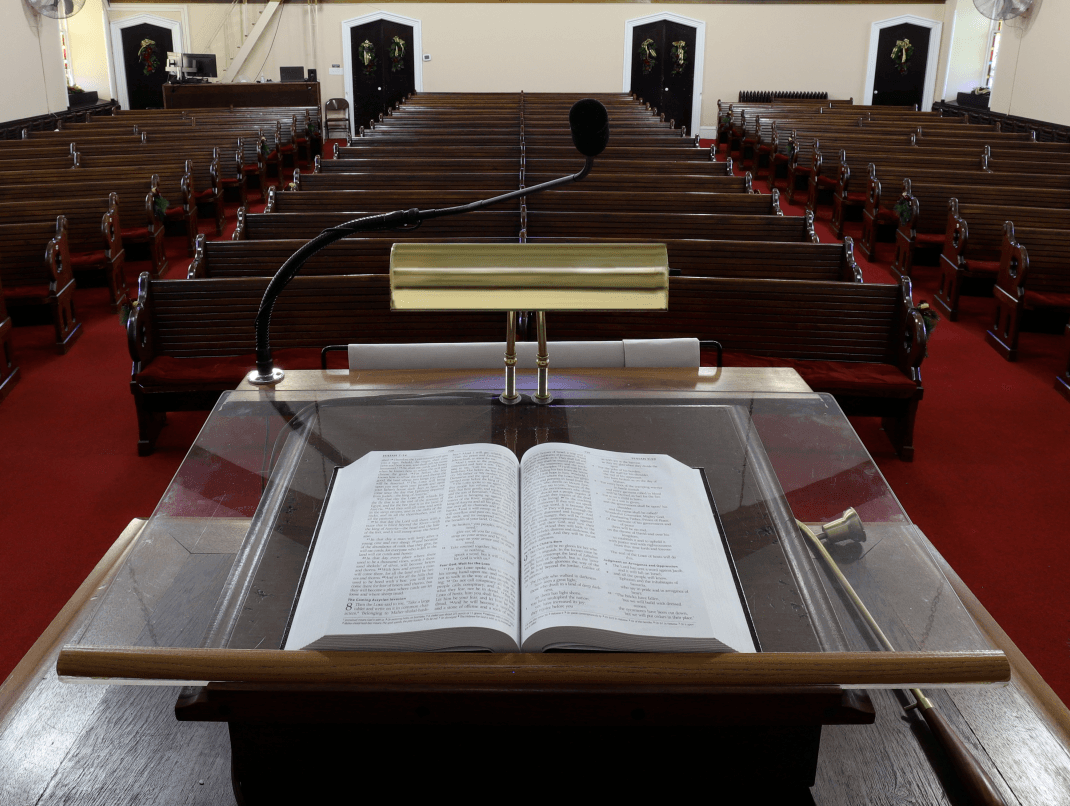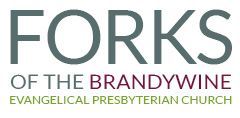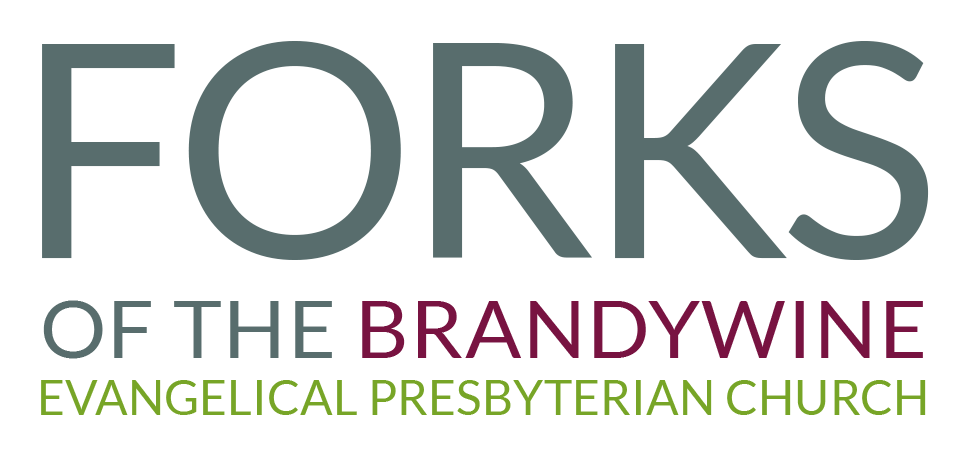The Church is Not a Building
The New Covenant People
The New Testament uses a variety of images, analogies, and metaphors to describe the church. This should tell us that the church is not a simple thing. If it were, you would think a simple description would be sufficient. That isn’t what we find. The New Testament uses a rich assortment of descriptions because the nature of the church is complex and multifaceted. When Jesus promised to build his church (Matt. 16:18), he did not envision a rickety shack or a simple home; he was drawing up the blueprints for nothing less than a new Temple (see Eph. 2:18-22; 1 Peter 2:4-5), a marvelously intricate and complex structure. The nature of the church is rich and varied and cannot be captured by one image or a simple description.
One of those many images, the one I want to focus on in this article, is the New Covenant people of God. The Hebrew people—the great genealogical family of loosely associated clans and tribes descended from Abraham, Isaac, and Jacob—were formed into one united people group and forged into one single nation by the Old Covenant given through Moses on Mt. Sinai. Jacob’s name had been changed to Israel in Genesis, and his name was chosen as the name of the new nation. The names of Jacob’s twelve sons became the names of each tribe. Hence Israel is the nation, and the people of each tribe are the sons of Israel, or Israelites, the citizens of the nation. God chose Abraham and promised him a worldwide family (Gen. 12:1-3). God chose Isaac and Jacob to be the heirs of the promises to Abraham. God chose their descendants to be the bearers of the ancient promises, and thus he made a covenant with them (the Old Covenant) and claimed them as his special people (Ex. 19:5-6; Deut. 7:6-8).
The whole nation of Israel was chosen by God as his people, but simply being an Israelite was no guarantee of salvation or of inheriting the covenant promises. It was the nation as a group that was chosen under the Old Covenant, not every individual in that group. Being a member of the chosen people by genealogy was not enough. Isaiah prophesied that not the whole nation, but only a faithful remnant would be chosen by God for salvation (Is. 1:9; 10:22-23). God would preserve a remnant of believers and continue the nation through them. Jeremiah prophesied that God would make a New Covenant with this faithful remnant in place of, and greater than, the one Israel had broken (Jer. 31:31-33). God fulfilled these prophecies by sending Jesus.
Through his life, death, and resurrection, Jesus established that New Covenant (Luke 22:19-20). Paul, therefore, understood himself to be a minister of the New Covenant (2 Cor. 3:6), and the author of Hebrews praises this New Covenant as superior to the Old because it is based on better promises (Heb. 8:6). Through Christ, God has replaced the Old Covenant with the New (Heb. 8:13). By doing so, God has preserved the chosen nation, “the Israel of God” (Gal. 6:16), through Jesus the Messiah and the faithful Jewish remnant. So then, even though the Jewish people, or ethnic Israel, remain chosen in a historical sense, and retain their God-given privileges, and have a hopeful future in God’s plan (Rom. 11), not all Jews have been chosen as heirs of the covenant. Only the faithful remnant of Israel, Jews who bow the knee to the Messiah, are the ones whom God has chosen to inherit the ancient promises (Rom. 9:1-16). All Gentiles who believe in the Messiah are now included with Jewish believers and share in their chosen status (Eph. 2:11-13, 19). This New Covenant people of God is called the church, and through this church God is keeping his promise to give Abraham a worldwide family (Gal. 3:7-9).
Grace and Peace,
Pastor Wesley
The Pastor's Pen





